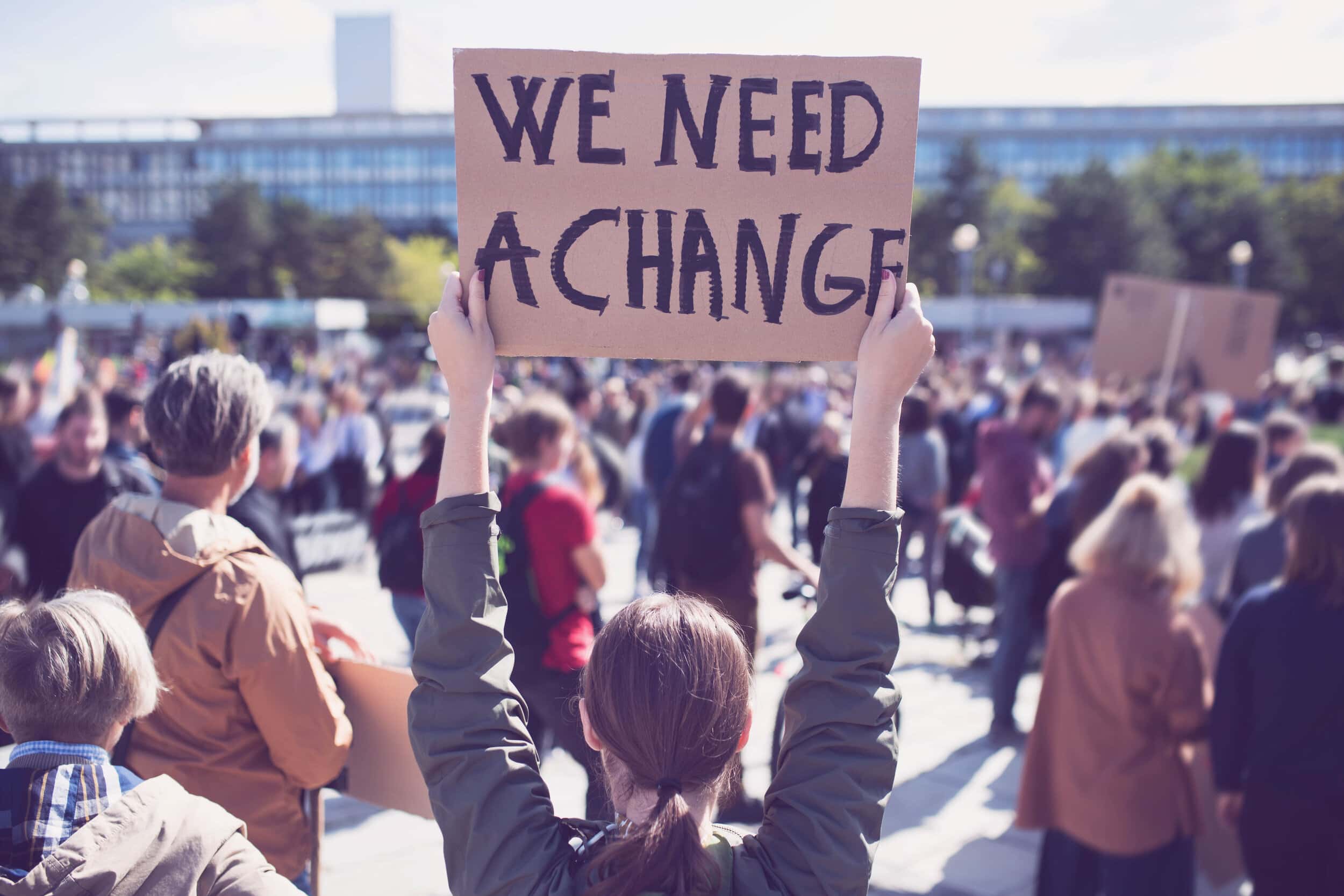
This piece explores the context of Net Zero with a focus on the critical role that the private sector has to play.
Net Zero Explainer
The Science Based Targets initiative (SBTi’s) ongoing consultation will define what a science-based Net Zero pathway looks like.
This tighter definition will help to reduce the disparity between well-intended commitments, confusion and question marks around credibility.
Background
In 2015, leaders met in Paris for COP21. The resultant Paris Agreement was a legal commitment to keep global temperature rise this century below 2°C above pre-industrial levels and an agreement to pursue efforts to limit the temperature increase even further to 1.5 ℃ by 2030. In 2018, the Intergovernmental Panel on Climate Change warned that global warming must not exceed 1.5°C to avoid the catastrophic impacts of climate change.
Globally, a growing number of countries are declaring a #ClimateEmergency, with the UK Parliament doing so in May 2019. Many local authority areas have followed suit; take a look at Carbon Copy’s Carbon Zero Explorer to see what declarations your local authority has made.
- READ Climate Emergency facts here.
The role of the private sector
There is an acceleration in businesses making Net Zero commitments and Covid-19 does not appear to have slowed the momentum. Companies face increasing external and internal pressures to implement decarbonisation strategies that will drastically reduce their greenhouse gas (GHG) emissions. This has become a boardroom issue and is fast becoming a moral licence to operate. Examples of this include Larry Fink’s letter to CEOs and Mark Carney’s challenge to the finance sector.
This is against a backdrop of stakeholders who are increasingly aware of the scale and urgency of change required. Examples include David Attenborough’s Netflix documentary ‘A Life on our Planet’ and Greta Thunberg’s campaigning galvanising young voices.
Net Zero pathways
SBTi’s guidelines state that robust Net Zero pathways are based on:
- Sustainable transformation
- A comprehensive target which includes the whole value chain
- A credible journey with progress against interim goals published annually
- A plan that delivers value to society via a high quality portfolio of avoided offsets and removal offsets which prioritise additionality, co-benefits and carbon innovation within your industry
Some of the common challenges include:
- uncertainty over how much it will cost to achieve Net Zero
- difficulty achieving board buy-in
- competing priorities within the business
- difficulty in building the business case
- lack of clarity on how to move forward
- lack of resource availability
There is no perfect pathway to Net Zero; we are in catch-up mode and there will be many challenges en route. However, recognising this alongside the role that business has to play is key if we are to be earth stewards for future generations.
In my next article, I’ll explore the latest activity on Net Zero and how coalitions like the B Corp Climate Collective and the UNFCCC’s #RaceToZero campaign are mobilising the private sector towards progress.
If you’re keen to decarbonise your business, then check out Seismic’s Net Zero services, and start creating #seismicchange!


